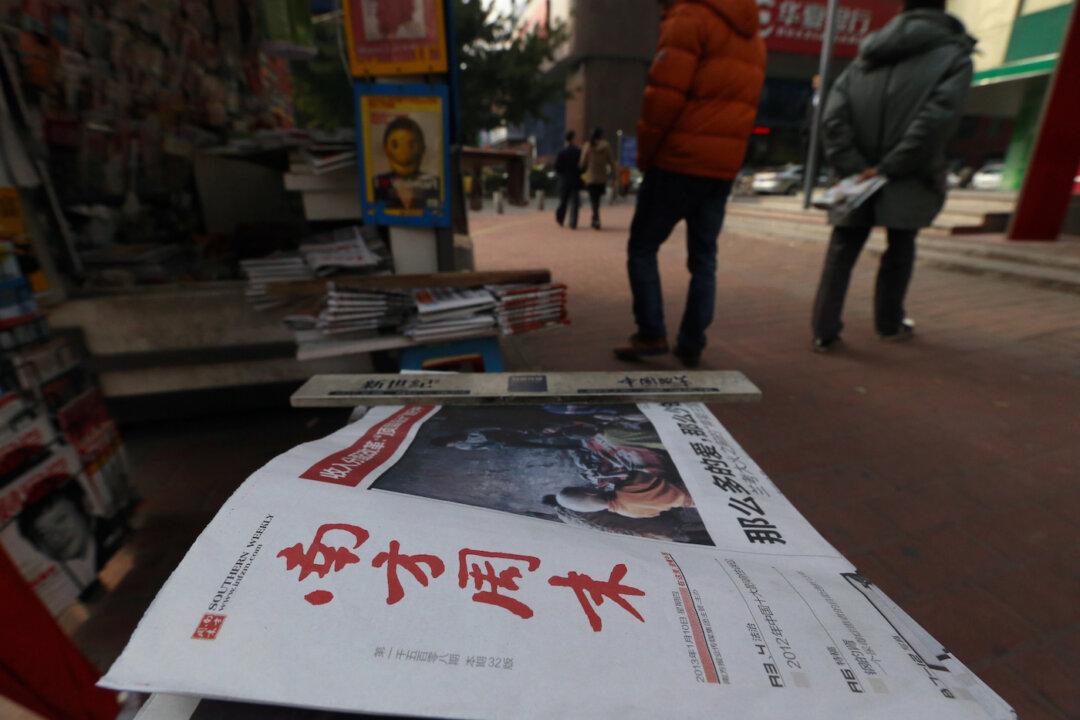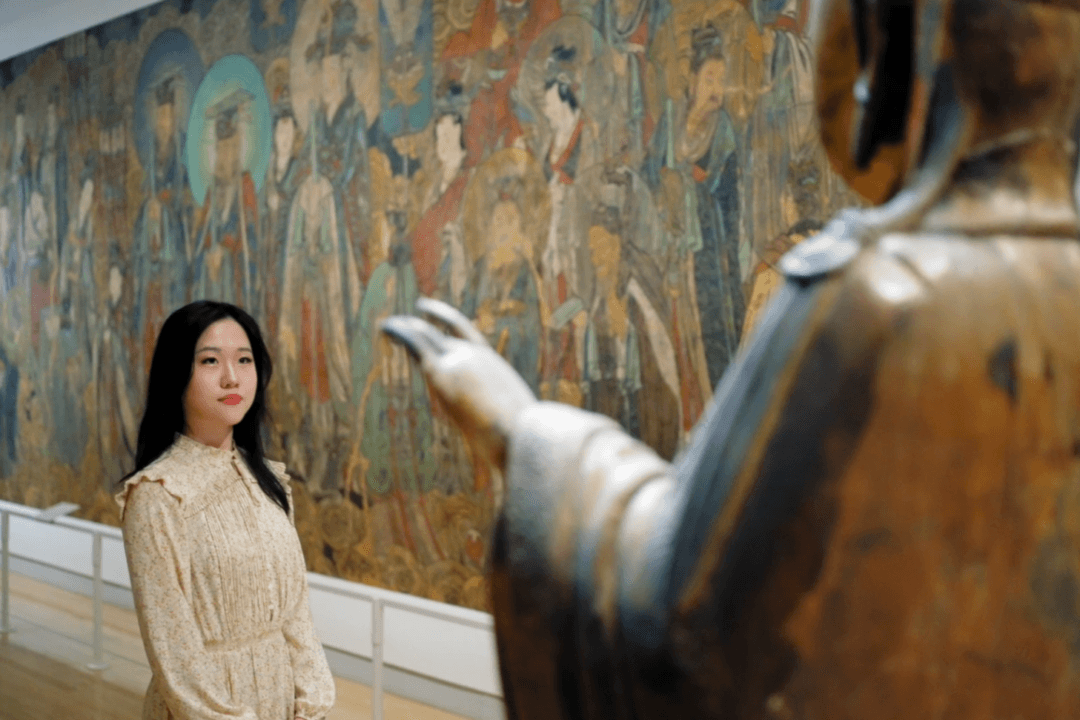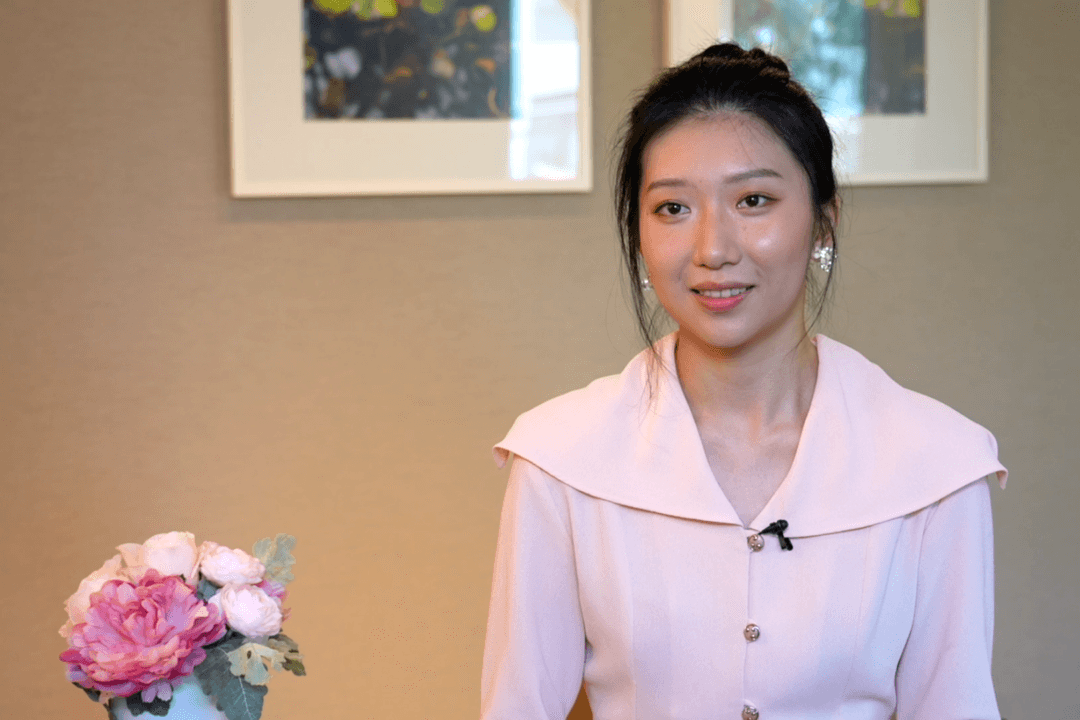The founder of China’s Southern Weekly, a Guangdong province-based paper known for its investigative journalism on social issues and its refusal to be a mere echo of Chinese Communist Party (CCP) propaganda, passed away earlier this month.
Zuo Fang died of illness at the age of 86 on Nov. 3, in Guangzhou City, according to Southern Weekly, where he was a former editor-in-chief.





